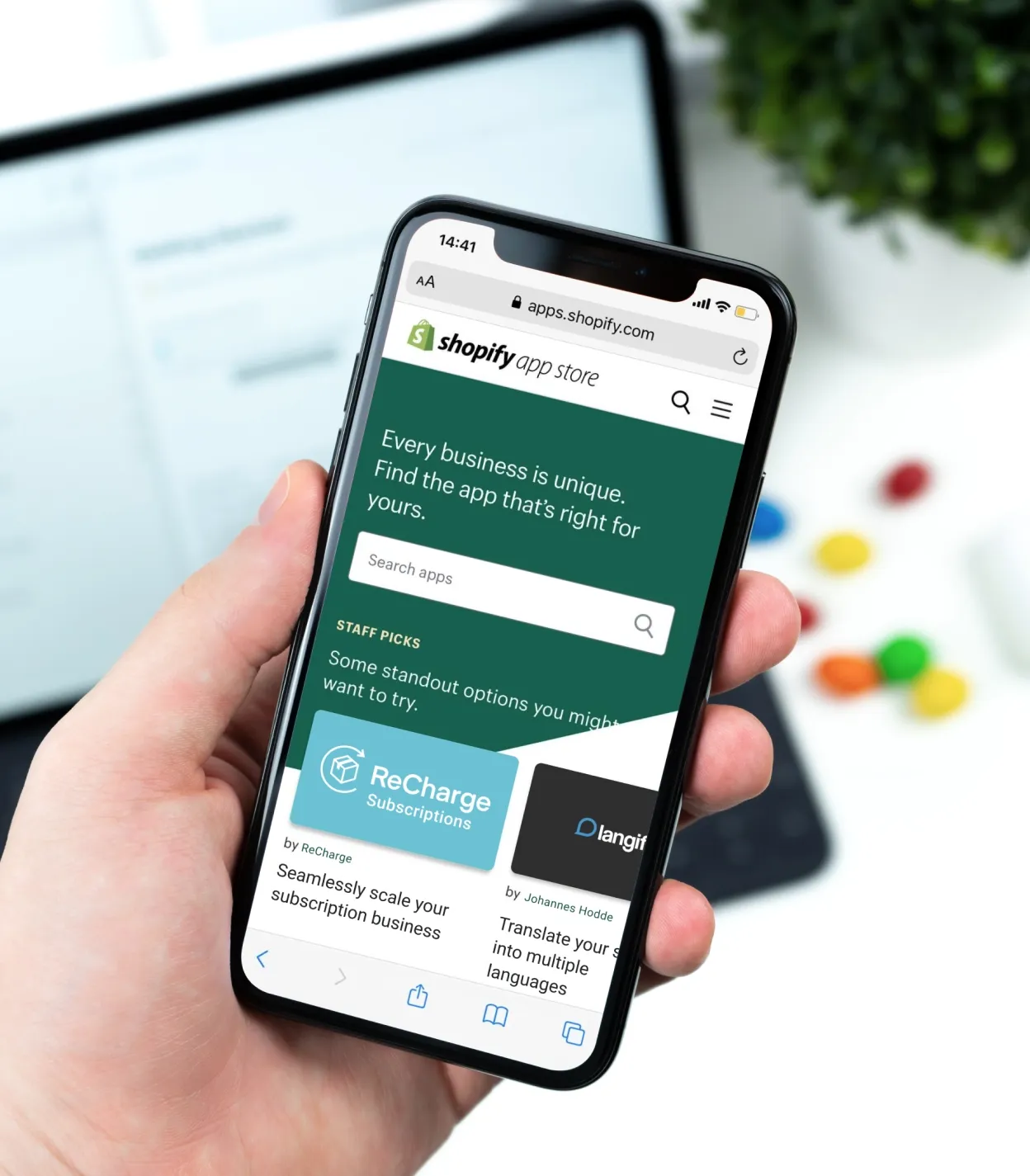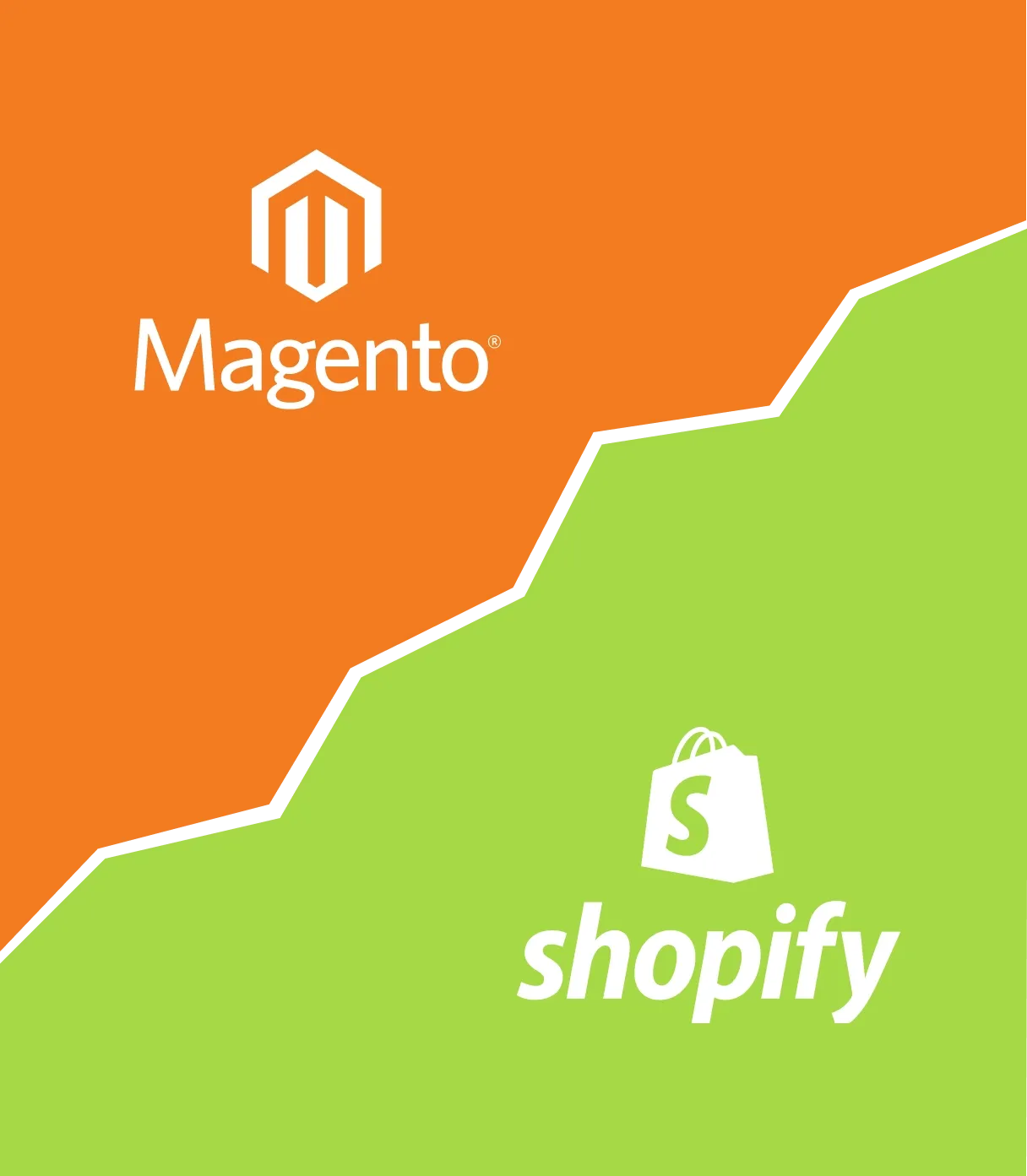
When it comes to the development of e-commerce websites, you must select the right CMS (Content Management System) to suit your needs. What makes a CMS a great fit? It should address both business factors, including pricing and value for money, and technical aspects, such as server characteristics and API support.
In this regard, choosing the CMS system for e-commerce development requires extensive research and reading expert reviews. That’s why we’ve done it for you! In this post, we highlight the three best headless CMS offerings available today from the practice of our e-commerce web development company so that you can see which one will work best with your e-commerce platform and business model.
Headless CMS definition
If you’re developing an e-commerce website and want to take advantage of cutting-edge technology, we recommend considering a headless CMS as the foundation of your website.
Headless CMS for e-commerce solves several typical software development constraints, including exhausting change processes, slow personalization updates, and expensive development rates. It provides an alternative approach to web development offering several advantages, especially if your website is built with an online store in mind.
So, what is a headless CMS? The concept refers to software architecture that provides more convenience for developers by decoupling the backend from the frontend. In contrast to a traditional CMS, it lets them focus on building, refining, and perfecting their own modules without worrying about what the user interface will look like.
Benefits of a headless CMS
Among all, a headless CMS allows for introducing changes fast, working on personalization and customization, and reducing IT costs. Other advantages of a headless CMS above traditional e-commerce include:
- No UI constraints for frontend development
- Limitless customization, flexibility, prioritization, and SEO optimization
- Complete omnichannel presence
- High scalability and development speed
- Long-term cost savings
Below is the comparison table for 3 top headless CMS platforms in 2022: Strapi, Sanity, and Contentful Commerce Layer:
| Criteria | Strapi | Sanity | Contentful Commerce Layer |
|---|---|---|---|
| Pricing | Free Community Plan $9/month Bronze Plan $29/month Silver Plan Request a quote for Gold Plan | Free Plan $99/month for Team Plan $949/month for Business Plan Request a quote for Enterprise Plan | Free Community Plan $489/month for Team Plan Request a quote for Premium Plan |
| Support | Self-hosted. Cloud coming soon | Self-hosted or hosted on Sanity platform | Self-service or technical support |
| Single Sign On (SSO) | Available in Gold Plan only | Available in Business Plan and Enterprise Plan only | Available in Premium Plan only |
| GraphQL API | + | + | + |
| Number of users | 3 default admin roles in Community Plan Unlimited in other plans | Admin users: Unlimited for all plans Non-admin users: 3 in Free Plan, 10 in Team Plan, 20 in Business Plan Custom # in Enterprise Plan | 5 users in Free Plan 25 users in Team Plan 3000+ users in Premium Plan |
| SLAs | Available in Gold Plan only | Available in Enterprise Plan only | Available in Premium Plan only |
| Locales | Unlimited | Via Document Internationalization plugin | 2 in Free Plan 7-10 in Team Plan Custom in Premium Plan |
Strapi
Strapi chooses saving time by eliminating the need to start from scratch as its main benefit. Being open-source, customizable, and offering pre-built API features, it lets you make a flexible data structure within a couple of minutes. Thanks to its remarkable features, this top headless CMS is used by popular brands, including Toyota, IBM, and Walmart.
Key features:
- Content types builder: Strapi lets you model content of any type, ranging from blog posts, case studies, and pages, in a desirable manner without needing to refer to the development team. The feature lets users create collections and single pages, fill the content into fields, use repeatable components, build customizable pages on the fly with dynamic zones, and link content types with relations.
- Media library: The in-built media library plugin lets you manage all your media types in one place. It supports different formats, easily sorts and filters media assets, and provides quick previews for convenience. For editors, advanced file management includes automatic size optimization, live editing, simple media replacement, and responsive formats.
- Roles & permissions: Role-based access controls the publishing and editing rights for various teams, which makes managing content even more convenient. This feature makes administrative work easier, enhances privacy and confidentiality, and improves the effectiveness of team collaboration. Manage access permissions with custom roles linked to your internal needs and configure them to your operations.
- Internationalization: The i18n plugin lets you create personalized messages in several languages. Clear navigation between locales, smooth editing, and flexibility in adapting each locale structure enable speaking in customers’ language and establishing smooth collaboration with full security.
For e-commerce needs, Strapi lets you increase conversion rates, optimize inventory, and integrate your preferred platforms and services to improve customer experience, meaning Role-Based Access Control (RBAC), Single Sign On (SSO), and Enterprise Support, among other features. With this e-commerce headless CMS, you get a new way to build websites and apps with content centralized in one place.
Sanity
Sanity assists in building platforms for unified content. The offering includes Content Lake for integrating structured content across organizations, Sanity Studio for collaboration and customization of content, and Developer Experience with open and flexible tooling for developers. Companies like Nike, Figma, and Cloudfare have already adopted their real-time collaboration with easy-to-use tools.
Key features:
- Structured content: The headless CMS treats content as data pieces you can arrange on any digital offerings, ranging from web pages to apps. These pieces are machine-readable, meaning that they are adjusted to search engines, contribute to sustainable architecture, and let AI read them to identify patterns and offer decisions.
- Review changes: The collaborative tool that lets teams leave instant reviews, similar to the Google Docs functionality but without the need to use it. The review changes feature shows the full document revision history, offers customizing data structures with your own input components, and includes History API for querying and processing.
- Image pipeline: Sanity offers on-demand image transformations, meaning changing the size and cropping without the need to involve the frontend, as the CMS automatically caches the changes for users.
For e-commerce, headless CMS lets you improve content management with the image pipeline, content blocks, rule-based designs, and easy scalability. Being all about APIs, processes, and structured content, Sanity lets you work on the quality of your content and the way it’s delivered to users and creates shopping experiences for them. Simply put, it creates a unified product and content experience.
Contentful Commerce Layer
Commerce Layer from Contentful is a multi-market secure commerce API that enhances shopping capabilities for digital solutions. Trusted by brands like Chilly’s, Rapha, and Brioni, it lets you build fast and flexible e-commerce websites, add shopping carts, build native apps, integrate POS software and sell in-store.
Key features:
- Full-text search for products: The platform lets you add filters that help you refine the results. Also, you can fetch a collection of resources and request a specific sort for the results, searching within a full-text database of your products.
- Preview selected products: The system provides detailed previews of your products, establishing a convenient shopping experience for your website visitors. Together with the granular access control system, you can manage permissions and access rights for your teams, increasing your operational efficiency and optimizing content management efforts.
- Link SKU or SKU lists: You can create a new SKU, along with fetching, updating and deleting resources from your e-commerce platform. Once you have a product listing page and have SKU codes of the products, Commerce Layer from Contentful will let you retrieve the piece of each SKU on the page, send a ‘Get’ request, filter it by code, and include the pricing without the need to interfere with the backend side of your store.
- Link bundles and markets: On the website, you can create a multi-language website with multi-currency prices, distributed inventory, localized payment gateways, and special offers. Also, Commerce Layer lets you create product bundles, or sets of specific products, with a maximum of 5 SKU list items per bundle.
Why use headless CMS for e-commerce? Contentful defines its value proposition as letting you supplement your website with enterprise-grade level easy-to-use tools. The platform has a detailed documentation guide that lets you work with each separate element like a developer.
Final thoughts
In this headless CMS explained guide, we’ve explained the opportunities and store features you can work on with a custom-built flexible frontend and go beyond the limitations of traditional e-commerce CMS. The exact advantages you can expect include:
- Better customization options
- More flexibility
- Faster websites
- Greater operational effectiveness
- Better collaboration of content teams
- Improved SEO
- Omnichannel experience, and many more
Three headless CMS examples we’ve reviewed — Strapi, Sanity, and Contentful — share similarities in terms of:
- Having a free plan and various options of a paid plan.
- Providing self-hosted service and team support.
- Supporting GraphQL API in all plans.
- Offering SSO and SLAs in the most expensive plan only.
Thus, while choosing between Strapi, Sanity, and Contentful Commerce Layer, it’s worth noting that all of them cover the basic needs of headless CMS but with a different focus.
Strapi allows unlimited locales even in a free plan, which is convenient for stores that sell globally. It's a self-hosted CMS so the data stored can be protected customly, according to the client requirements. Sanity also offers internationalization, but its core convenience tool is the Review Changes feature, which facilitates collaboration on the content across several teams. In its turn, the Contentful Commerce Layer offers several content management tools, but an e-commerce store owner managing them should have basic coding knowledge and understand what SKUs are.
If you experience difficulties configuring and choosing a headless CMS provider for your store, feel free to contact DigitalSuits developers for help! We know all the nuances of headless CMS meaning for e-commerce businesses and can help implement a custom solution tailored to your business needs. Even more, we have experience with headless commerce development, knowing all the nuances and potential benefits of this option for digital stores.
Contact us to develop an e-commerce store from scratch, add integrations, or upgrade an existing store.















Was this helpful?
0
No comments yet